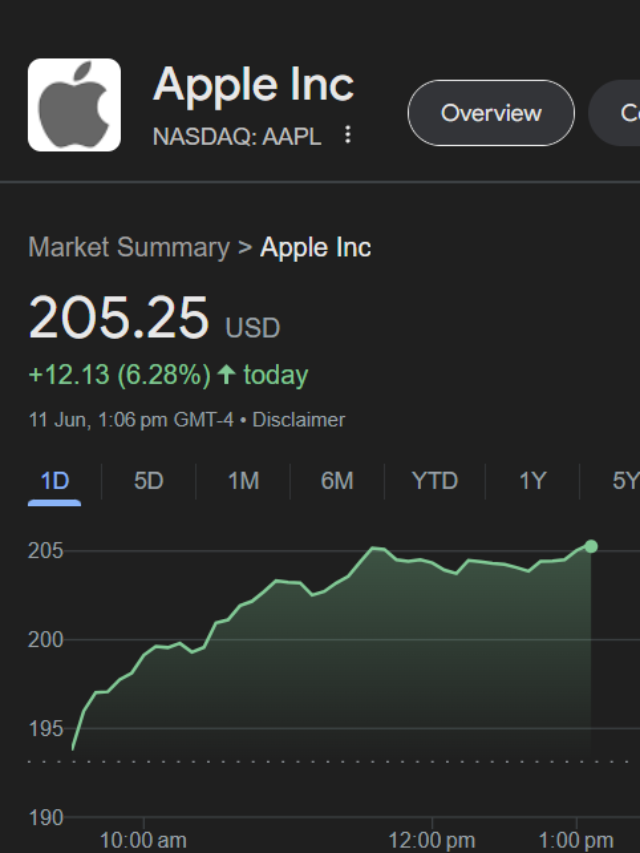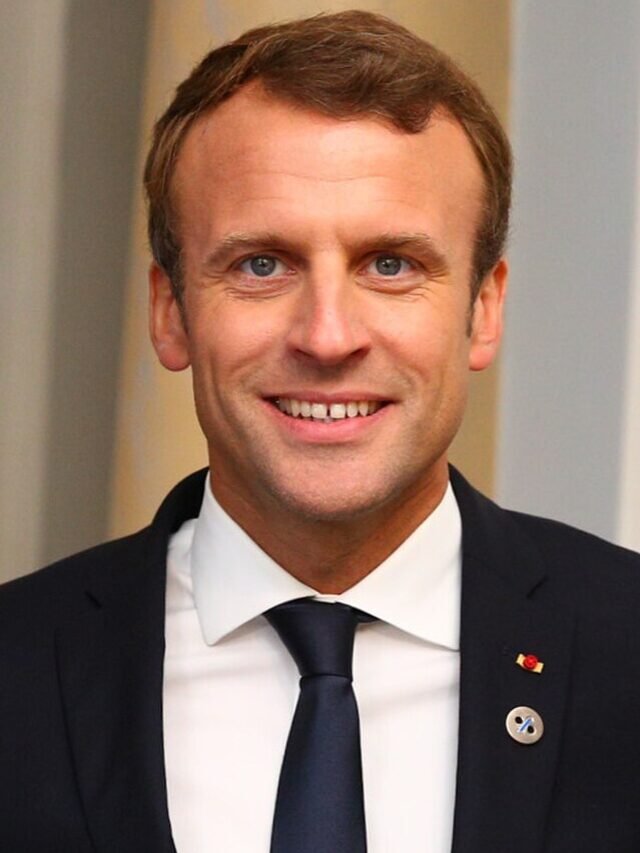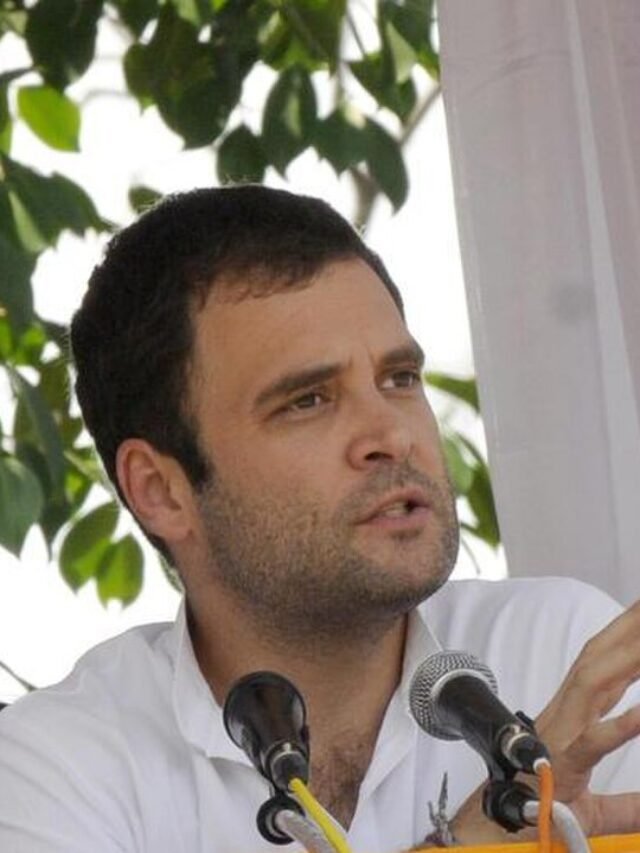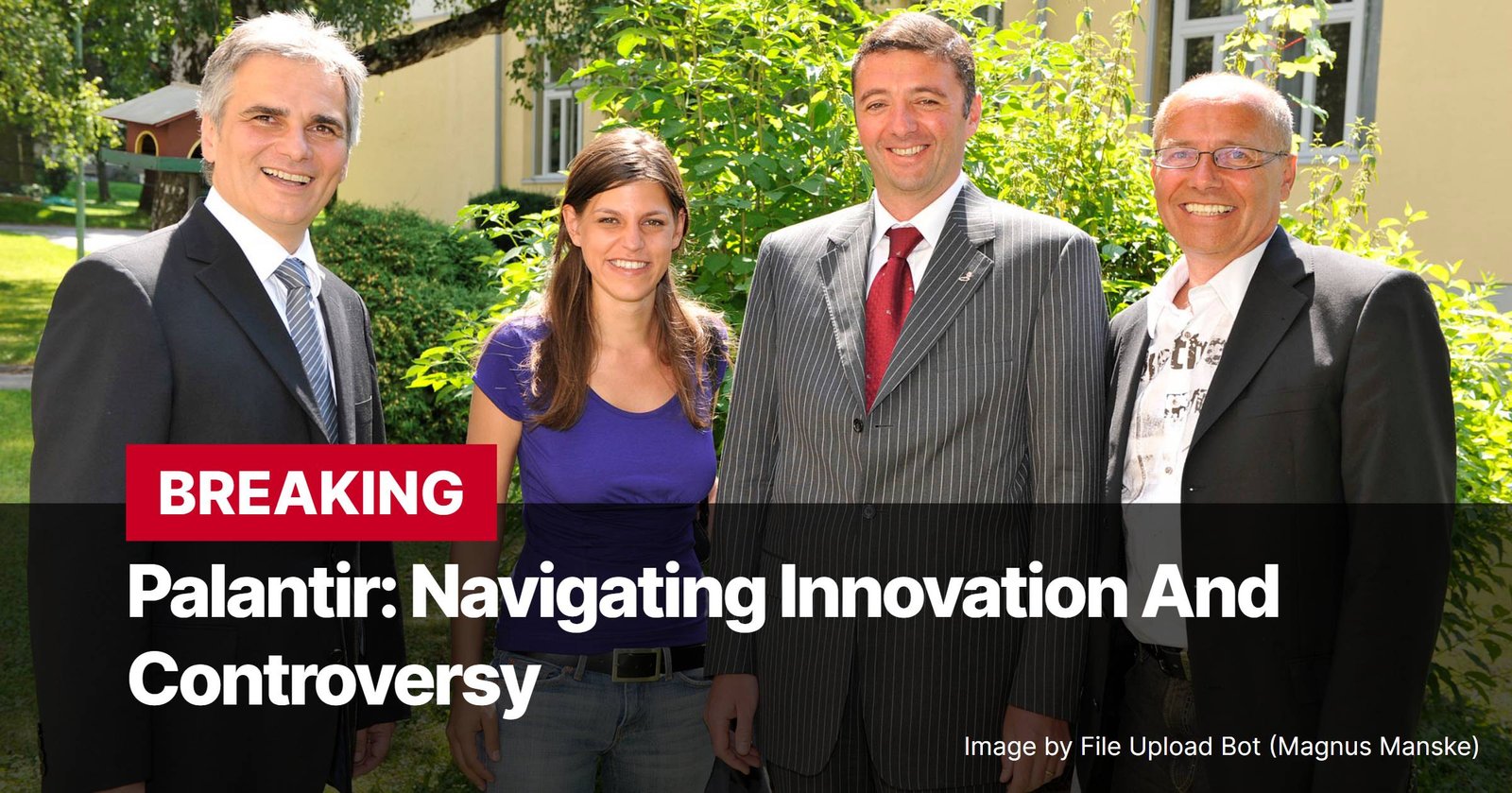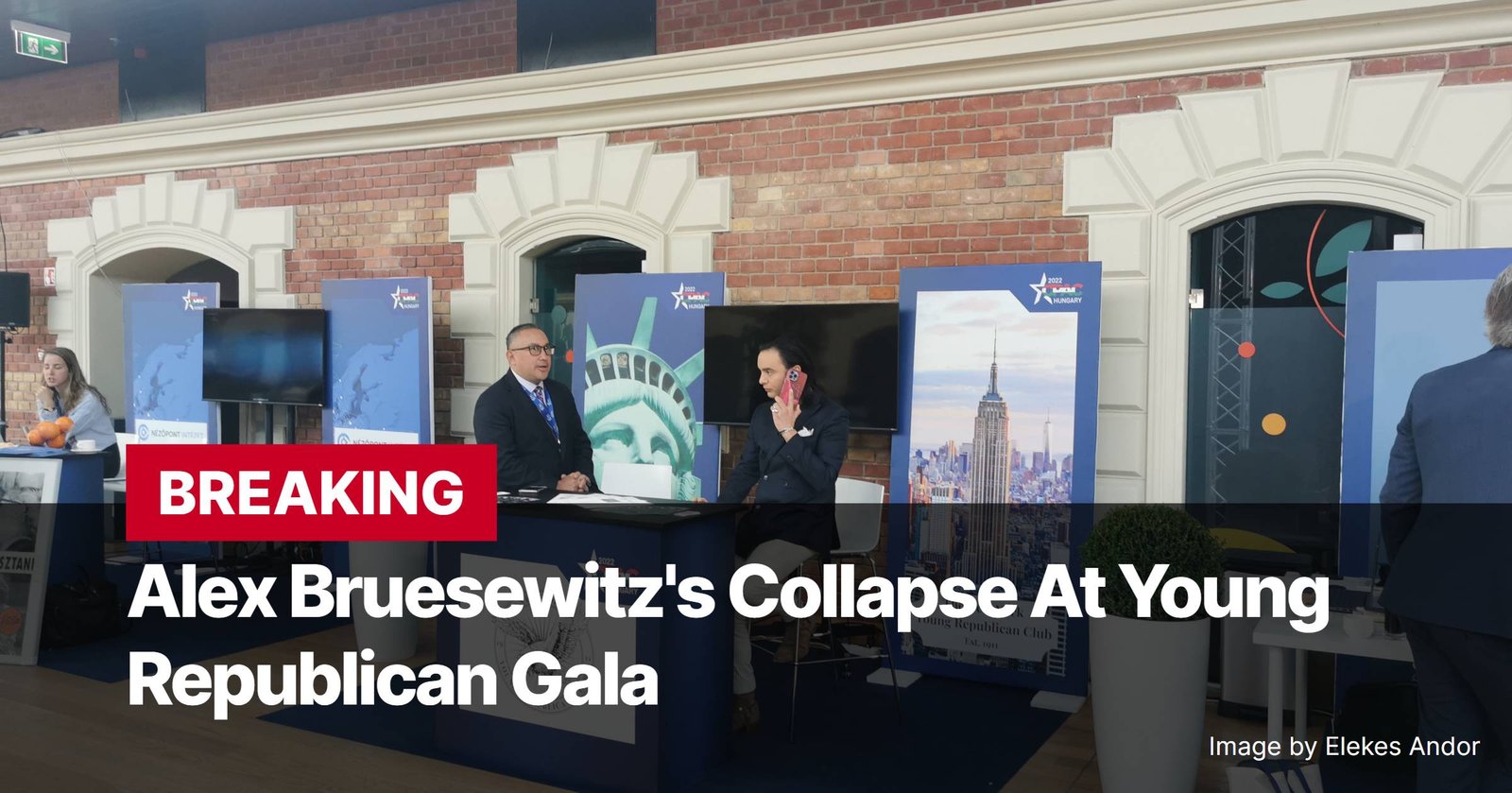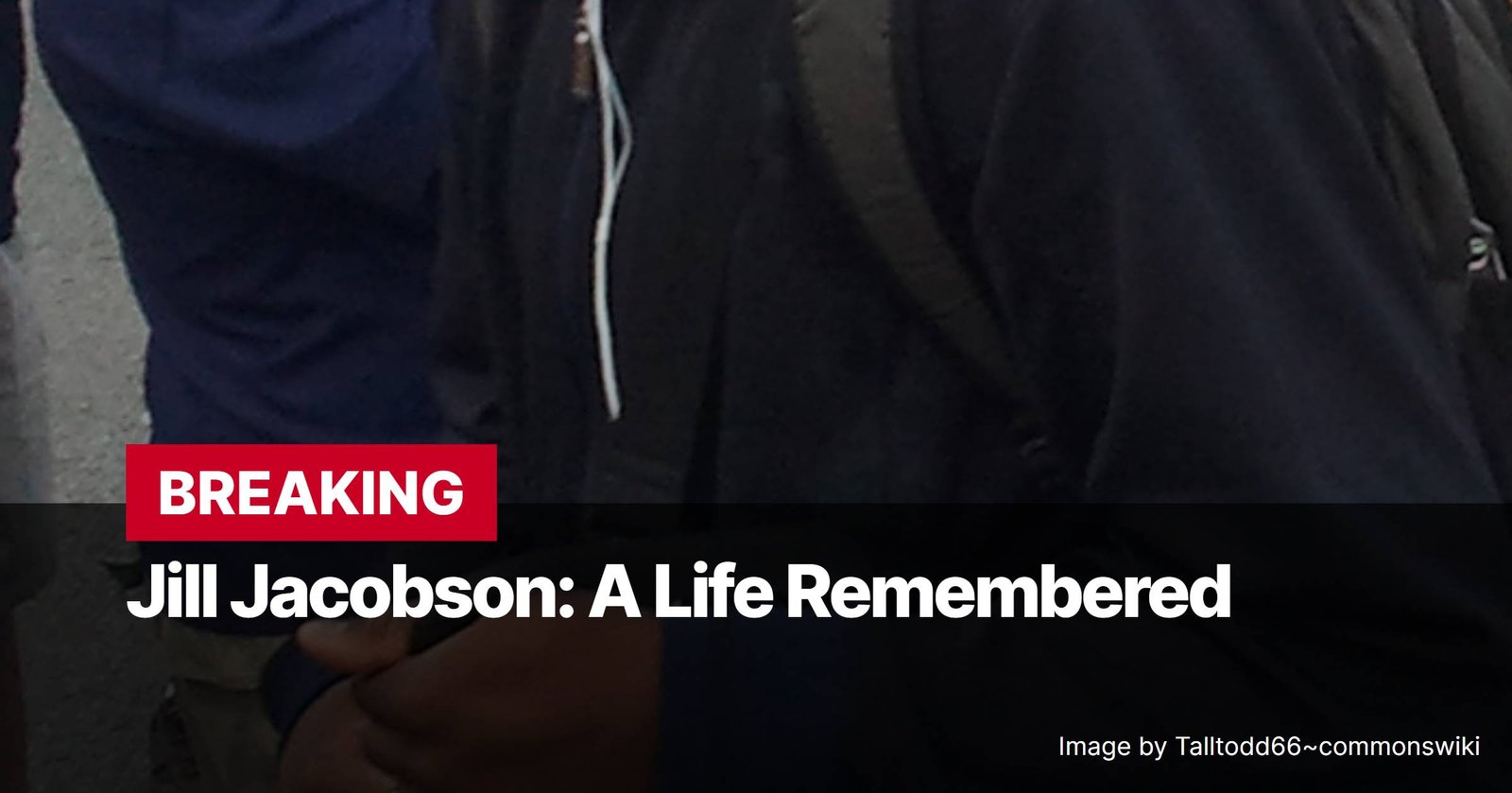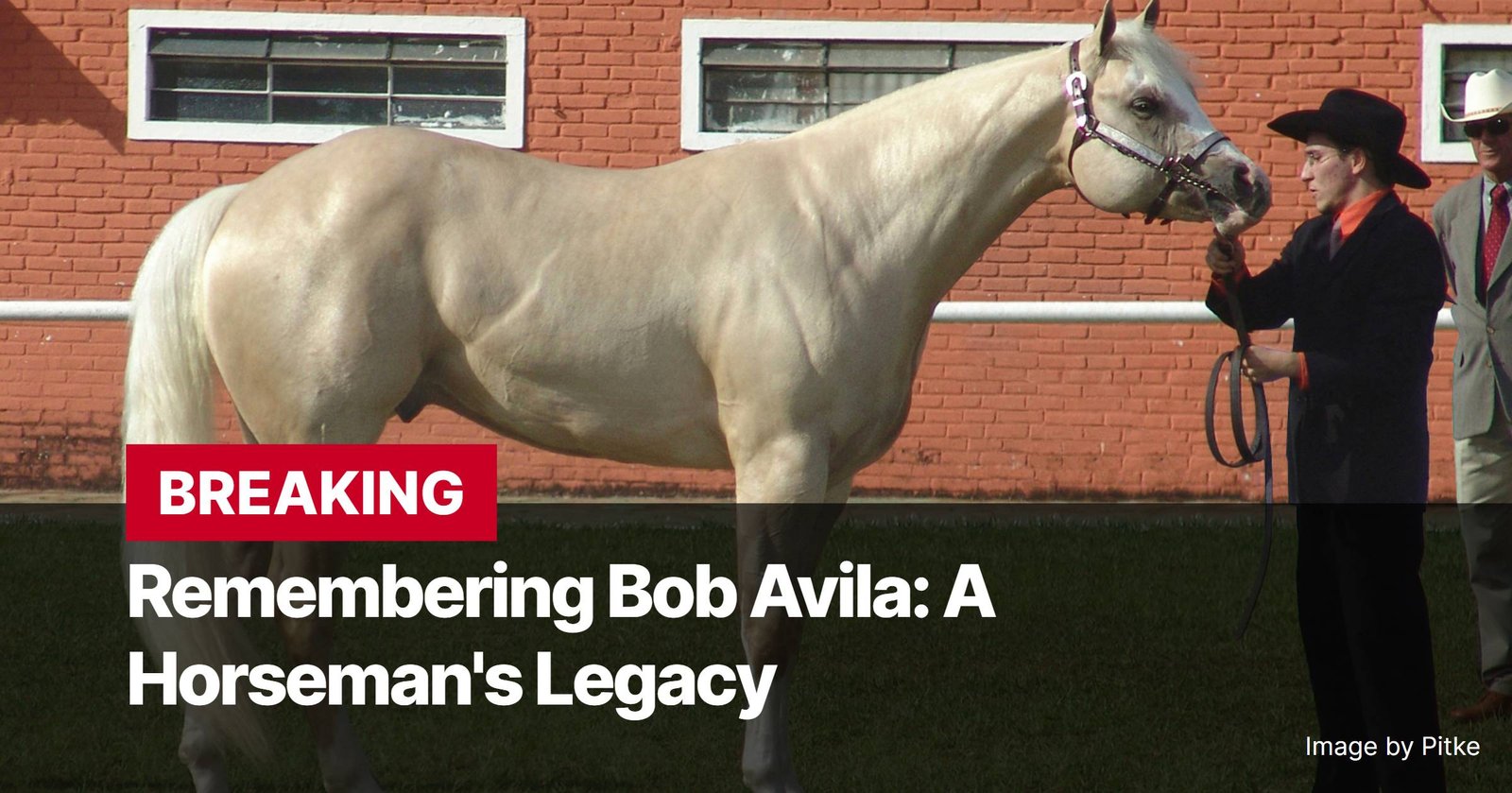Billie Eilish, the Grammy-winning singer-songwriter known for her haunting melodies and introspective lyrics, has stepped into the political arena, urging her young fanbase to engage in the upcoming election. Her recent endorsement of Vice President Kamala Harris’s presidential campaign has ignited discussions about the role of celebrity influence in politics and the power of young voters.
Eilish’s endorsement, shared on a social media platform, emphasizes the importance of voting in the face of what she perceives as threats to reproductive freedom, environmental protection, and democracy. Her message, delivered alongside her brother and musical collaborator Finneas O’Connell, frames the election as a critical juncture where the future of these fundamental rights hangs in the balance.

The 22-year-old artist’s foray into political advocacy is not entirely unexpected. She has previously demonstrated a willingness to use her platform to address social and political issues. Notably, she supported Joe Biden’s 2020 presidential campaign and even performed at the virtual Democratic National Convention. This history of engagement suggests a consistent commitment to leveraging her influence for causes she believes in.
Eilish’s endorsement aligns with a broader trend of celebrity involvement in politics, particularly among younger artists who recognize the potential to mobilize their significant fan bases. Recent reports highlight that another prominent musician, Taylor Swift, also endorsed Harris’s campaign following the presidential debate. These endorsements underscore the growing recognition of the power of celebrity influence, especially in reaching younger demographics who may be less engaged in traditional political discourse.
Eilish’s call to action, “Vote like your life depends on it — because it does,” carries a sense of urgency and reflects the high stakes of the upcoming election. Her message resonates with concerns about the future, particularly among young people who stand to inherit the consequences of decisions made today. By emphasizing the potential impact of the election on issues like reproductive rights, climate change, and democratic governance, Eilish connects with the anxieties and aspirations of her generation.
The effectiveness of celebrity endorsements in swaying voter behavior is a subject of ongoing debate. While some studies suggest that such endorsements can have a limited impact, others argue that they can be particularly effective in mobilizing specific demographics, particularly young people. Eilish’s massive online following, primarily comprised of young individuals, provides a direct channel to communicate with a demographic that is often overlooked in traditional political campaigns.
Eilish’s endorsement, coupled with her consistent engagement with social and political issues, reinforces the notion that artists can be powerful voices in shaping public discourse. By leveraging her platform to encourage voter participation and highlight key policy concerns, she is not only exercising her right to free speech but also contributing to a broader conversation about the future of the country.
Ultimately, Billie Eilish’s political activism serves as a reminder of the potential for celebrities to transcend their entertainment roles and become catalysts for social and political change. Her message resonates with a generation that is increasingly aware of the power of their collective voice and the importance of engaging in the democratic process. Whether her endorsement will translate into tangible electoral outcomes remains to be seen, but her willingness to speak out undoubtedly contributes to a more vibrant and inclusive political landscape.








